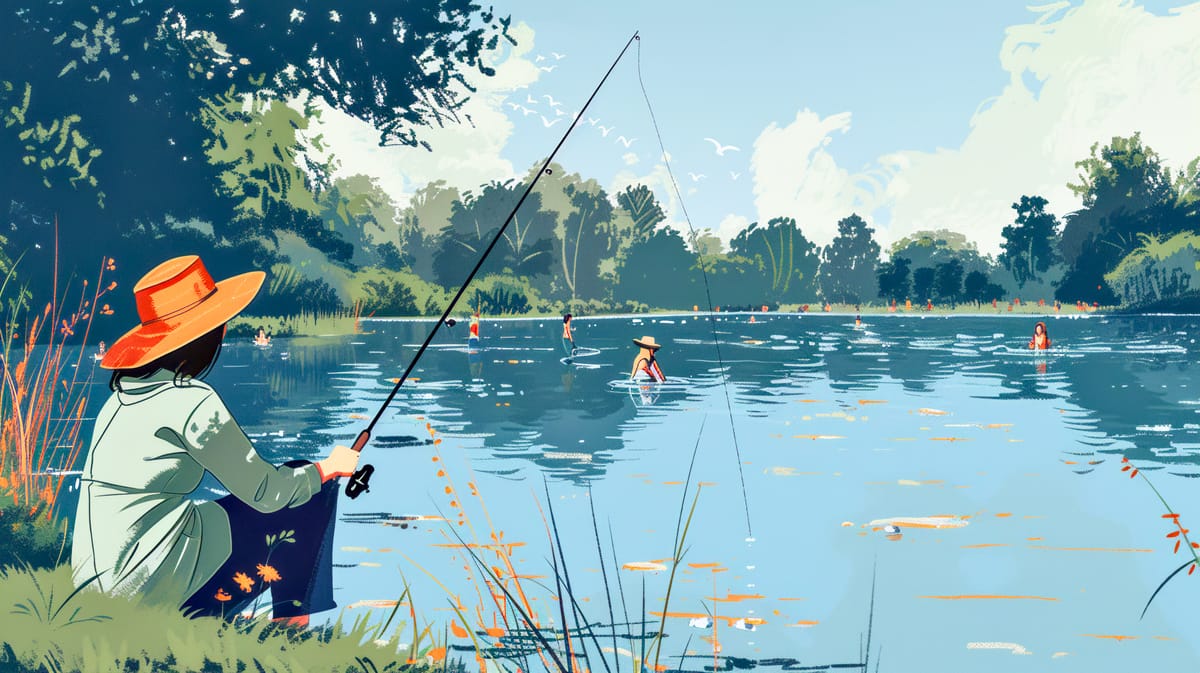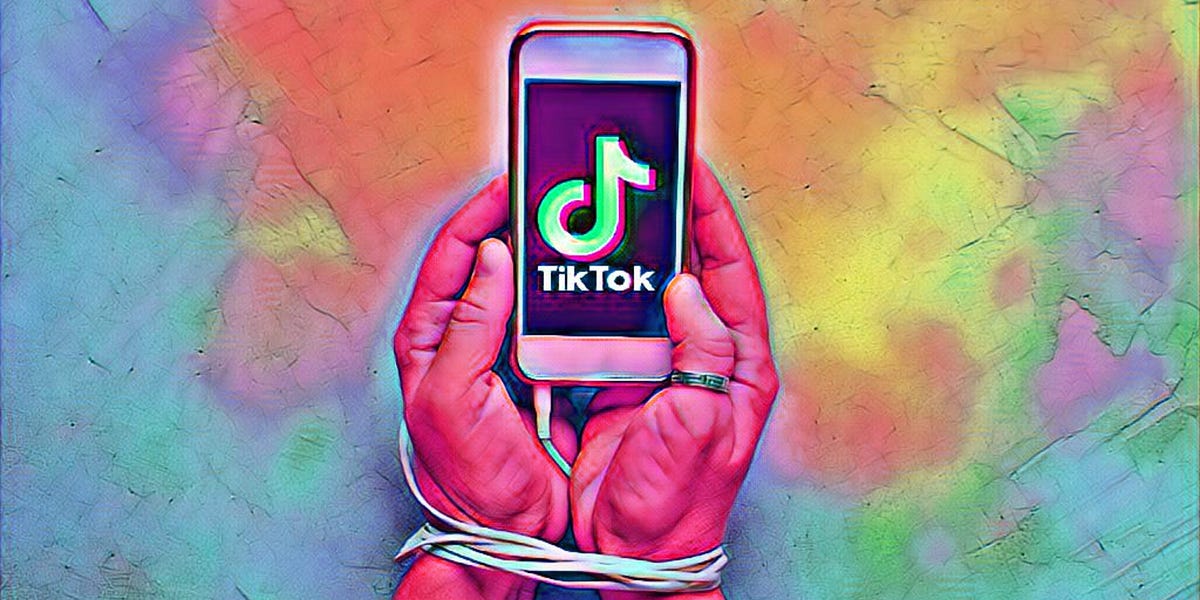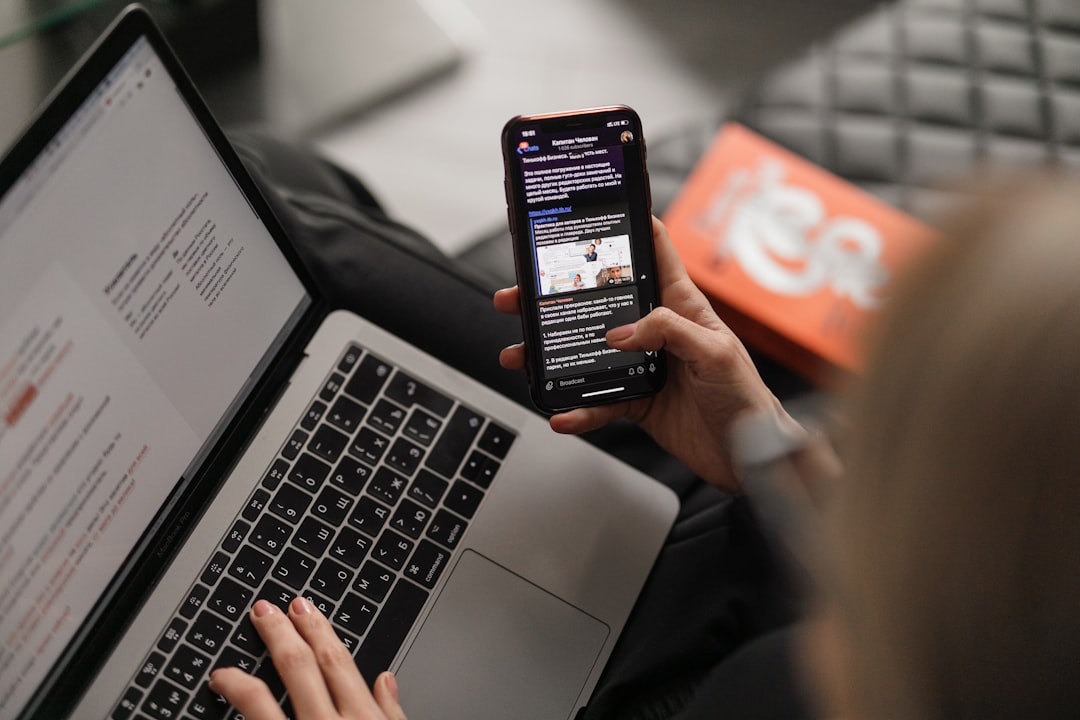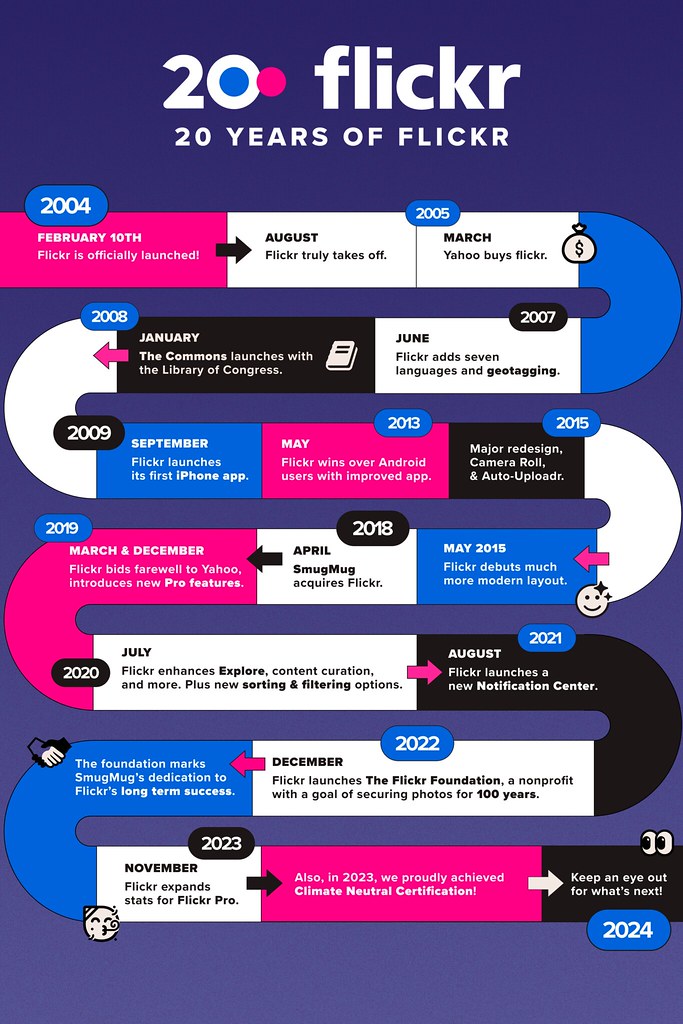Always fish where the audience swim
And other strained metaphors about the state of journalism.

Welcome to a rush of new subscribers, including folks from the Financial Times, Emap and The Independent.
I got a lively response to my piece on Monday. It got the most traffic I've ever picked up from Mastodon (although, to be fair, that's not a high bar), was nicely received on LinkedIn and was even highlighted by the CEO of Flipboard, which was nice. (Yes, Flipboard is still around, and yes, it is worth checking out, as they're doing some interesting things with the emerging social networks.)
Some good feedback from readers, too. Erika wrote in to — quite rightly — remind me that platforms remain part of a good engagement strategy and that newsletters and RSS alone are not enough. And she's quite right. I should, perhaps have said that explicitly: you fish for audience on platforms, but then you seek ways of converting that platform-mediated relationship into a direct one. I was wary of banging the same drum yet again, though, as I'd made that point relatively recently in the piece about TikTok and vertical video. But that was nearly three months ago and I do need to remember that every piece is somebody's first…
She also pointed out that “platform only” publishers are rapidly becoming “platform plus” publishers, with multiple ways of engaging with an audience — which is also a good point. They're learning the lesson many big YouTubers have done. Living your business life at the whim of a platform is a precarious way of of earning your crust.
Also, the mighty Jon Ostrower dropped me a note to point out, with an unusual level of self-deprecation from his side of the Atlantic, pointed out that he was “unusually” early to this idea, with his site The Air Current. Jon is one of the smartest guys in niche publishing and journalism, so don't let his modesty fool you. He was one of the first journalists to use Twitter incredibly effectively to source exclusive stories in the late 2000s, and is good at spotting the way the digital wind is blowing…
It's worth noting that B2Bs have always understood the value of direct community relationship better than most other forms of journalism. After all, the people they write about are often the same people they are writing for — so the sense of being part of a community is palpable.
Social Media round-up
- TikTok seems to be targeting YouTube by encouraging creators to post longer-form, horizontal videos. Good luck getting Gen Z to turn their phones…
- Pinterest monthly active users and revenue up. It remains the most powerful social media platform that nobody is talking about.
- X (formerlyknownasTwitter) is trying to arrest its decline by becoming all things to all people. Now, they're testing the ability to publish articles…
- Apple adding automated transcriptions to its podcast app.
On AI, Creativity and Struggle
Food for thought
TikTok and consumption trends
As regular readers know, I’m wary of TikTok’s growing cultural power, while acknowledging its importance in reaching younger audiences. This article does little to ease my disquiet:

While there‘s exploration of the dangers of its Chinese ownership, there’s also some interesting cultural history context:
Over the past century the market has taken us toward ever shorter-form entertainment, from cinema in the early 1900s, to TV mid-century, to minutes-long YouTube videos, to seconds-long TikTok clips. With TikTok the delay between desire and gratification is almost instant; there’s no longer any patience or effort needed to obtain the reward, so our mental faculties fall into disuse and disrepair.
And this is why TikTok could prove such a devastating geopolitical weapon. Slowly but steadily it could turn the West’s youth—its future—into perpetually distracted dopamine junkies ill-equipped to maintain the civilization built by their ancestors.
Also, as a complete aside, I want to give lectures like this:
At nearby Warwick University where he taught, his lectures were often bizarre (one infamous“lesson” consisted of Land lying on the floor, croaking into a mic, while frenetic jungle music pulsed in the background.)
Back to problems with TikTok.
The ever-interesting Zeynep Tufecki argues that politicians should stop blaming it, and get to work legislating:

My unease remains — but she makes some very valid points.
The problem with the freelance life
There’s some fascinating information buried in this account of the shuttering of Techcrunch+, the paid element of the venerable start-up centric blog, Techcrunch.

This account is, well, eye-opening:
There was the one who used to write magazine cover stories who demanded a payment of $100,000 to write a feature (a sum so wildly out of sync with the present economics of the media industry that I questioned how he could be a business reporter at all). There was the one who was so overwhelmed by the daunting prospect of writing an in-depth feature, he checked himself into a psychiatric hospital for treatment with no notice. Then there were those who struggled to coherently weave a lengthy profile together, since they were so used to churning out clickbait articles, any story above 500 words proved a narrative impossibility.
I had to read that three times. $100,000 for a single feature? If anyone has commissions like that, you know where I am.
But the wider point is a good one. As the old media structures collapse, the on-the-job training people used to get is disappearing, And while universities have stepped into that gap, the pool of freelance talent in some niches — like business reporting — can be painfully thin.
Follow-ups
Developments in things I wrote about previously.
Substack doesn't have a Nazi problem?
Or so, at least, Charlotte Henry argues:

And finally… A brief history of Flickr
Ah, the heady days of the mid-2000s, when Flickr was the centre of the online photography universe, and Instagram was but a twinkle in Kevin Systrom's eye. The venerable photo sharing site is slowing climbing back to relevance in its 20th year, after a strong of poor decisions by its various owners.
I hope it makes it. It feels like a part of the old web that's still with us.










